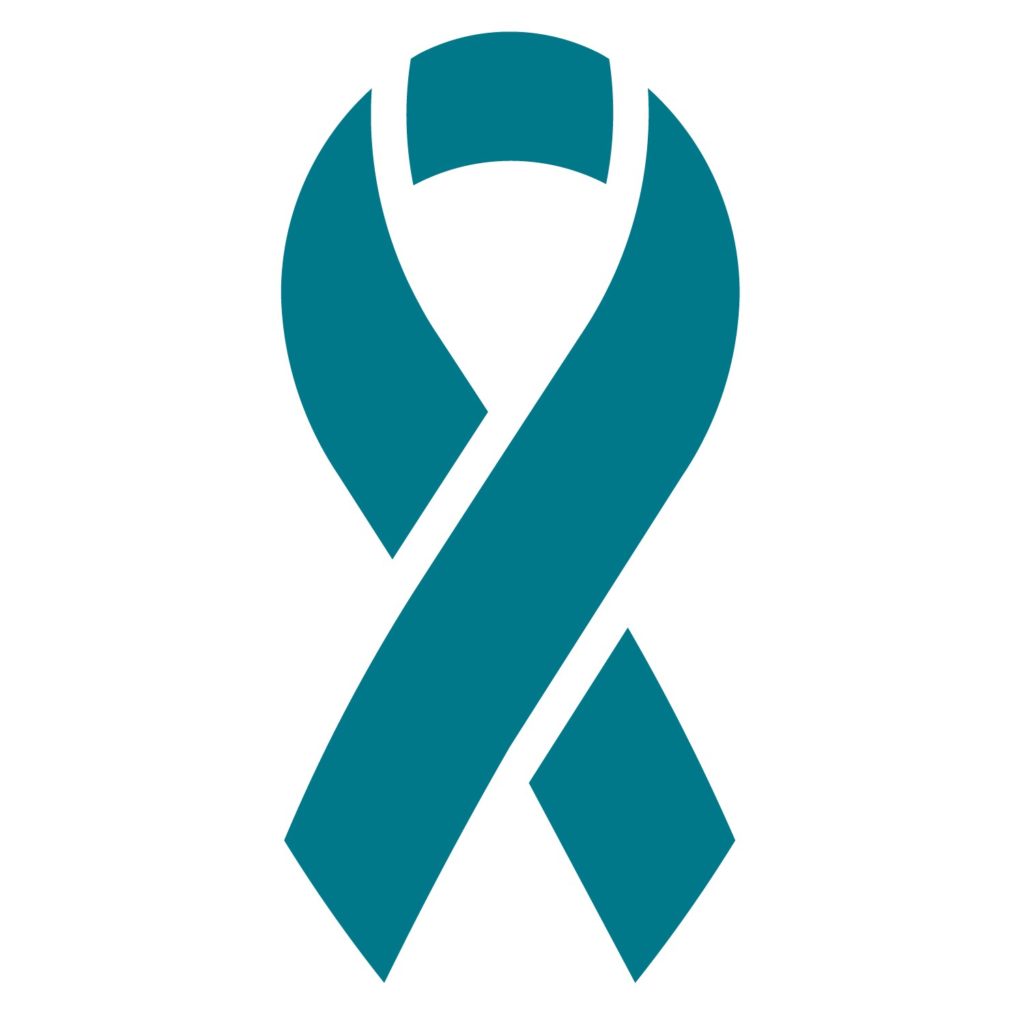June is PTSD awareness month.
PTSD affect thousands of people in Canada each year and some of the most vulnerable individuals are frontline healthcare workers.
The prevalence rate of lifetime PTSD in Canada was estimated to be 9.2%, with a rate of current (1-month) PTSD of 2.4%. Traumatic exposure to at least one event sufficient to cause PTSD was reported by 76.1% of respondents. The most common forms of trauma resulting in PTSD included unexpected death of a loved one, sexual assault, and seeing someone badly injured or killed. -ref
A study out of the University of British Columbia found that emergency personnel such as doctors, nurses, paramedics and firefighters experience post-traumatic stress at twice the rate of the average population. In Canada, it is estimated that up to 10% of war zone veterans—including war service veterans and peacekeeping forces—will go on to experience post-traumatic stress disorder.
Resilience is key to provide an effective coping strategy. How different individuals cope with the impacts of PTSD is very unique. Of all the people who will experience a traumatic event, only about 15% will have a lasting and harmful impact after it. Not all of these responses would be post-traumatic stress disorder. Why some people develop the disorder and others don’t is complex and has to do with many factors that are as unique and difficult to figure out as people are. Factors may include how we’ve faced other challenging or dangerous events in the past, our lifetime of learning how to react to these kinds of events, and our emotional styles.
How the brain responds to traumatic events, and what science says about how mindfulness meditation helps people process trauma and decrease suffering is Mindful Reach’s focus. Our courses and programs assist in providing individuals with the tools and approaches they need to deal with PTSD.
If you are a frontline healthcare worker please enter to win Mindful Reach’s Mindful Foundations course for free here.

Stigma
Stigma refers to associating negative qualities with having a mental illness. For example, a person with a mental illness may be wrongly viewed (or even view themselves) as being weak or “damaged,” leading to feelings of shame or embarrassment.
It is important to break down these barriers, reduce the presence of any stigma associated PTSD.
If you think you or someone you care about has post-traumatic stress disorder help is available.
- Ontario Mental Health Helpline (open 24/7 for treatment anywhere in Ontario)
- Canadian Mental Health Association
- Various supports are available for people with PTSD, including:
- family service agencies
- community mental health agencies
- counsellors or therapists
- family doctors
- community health centres
- religious leaders
- settlement agencies
- workplace employee assistance programs (EAPs).